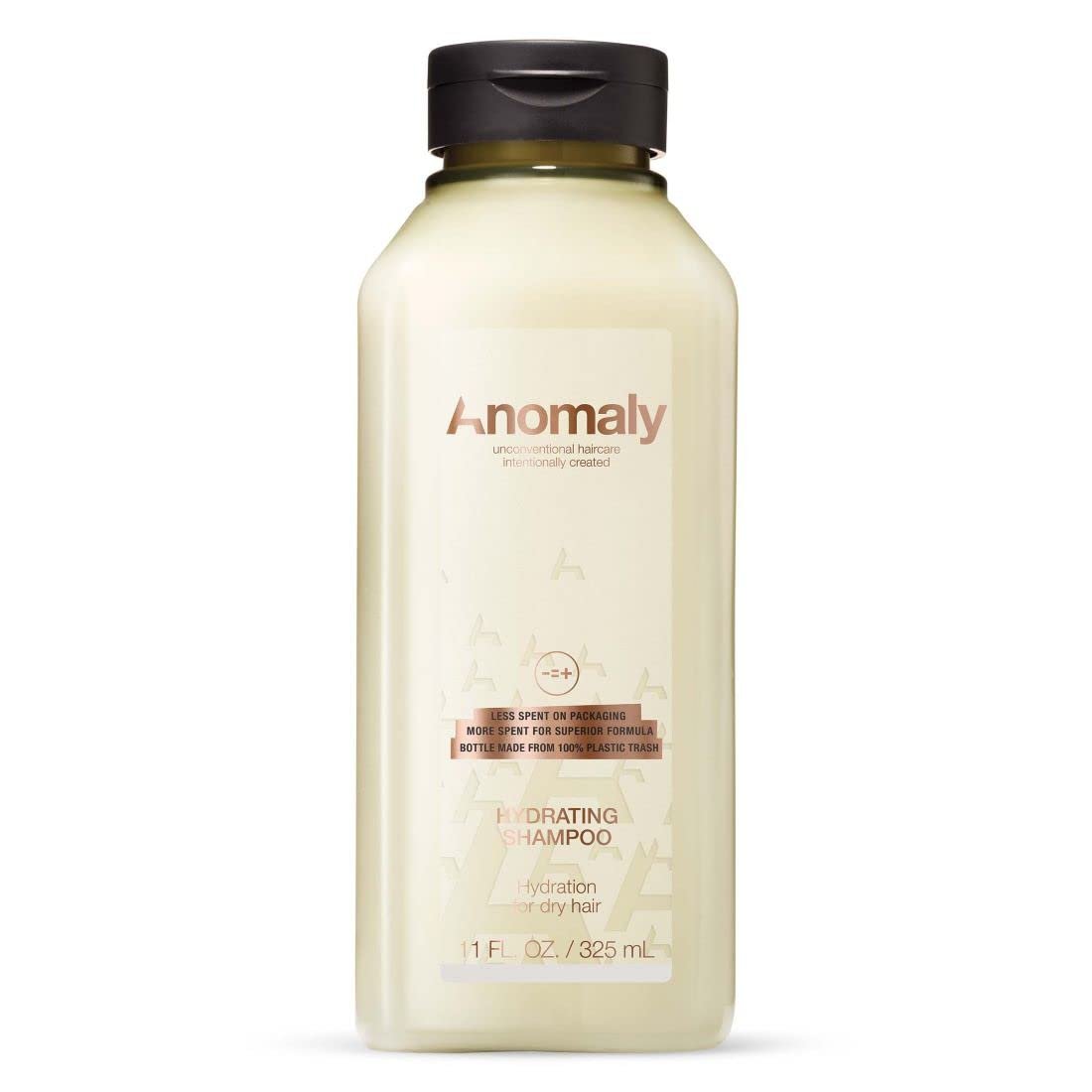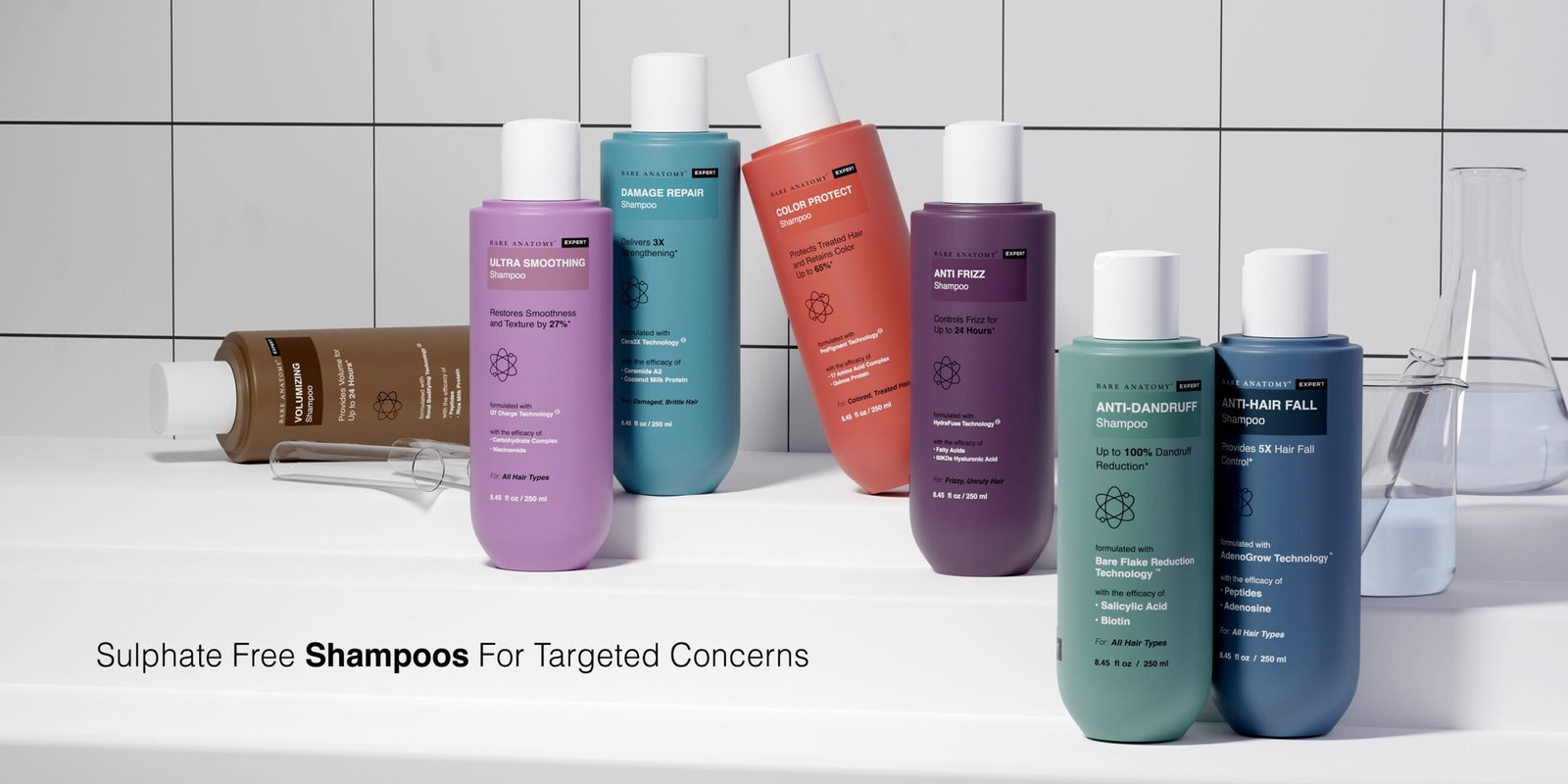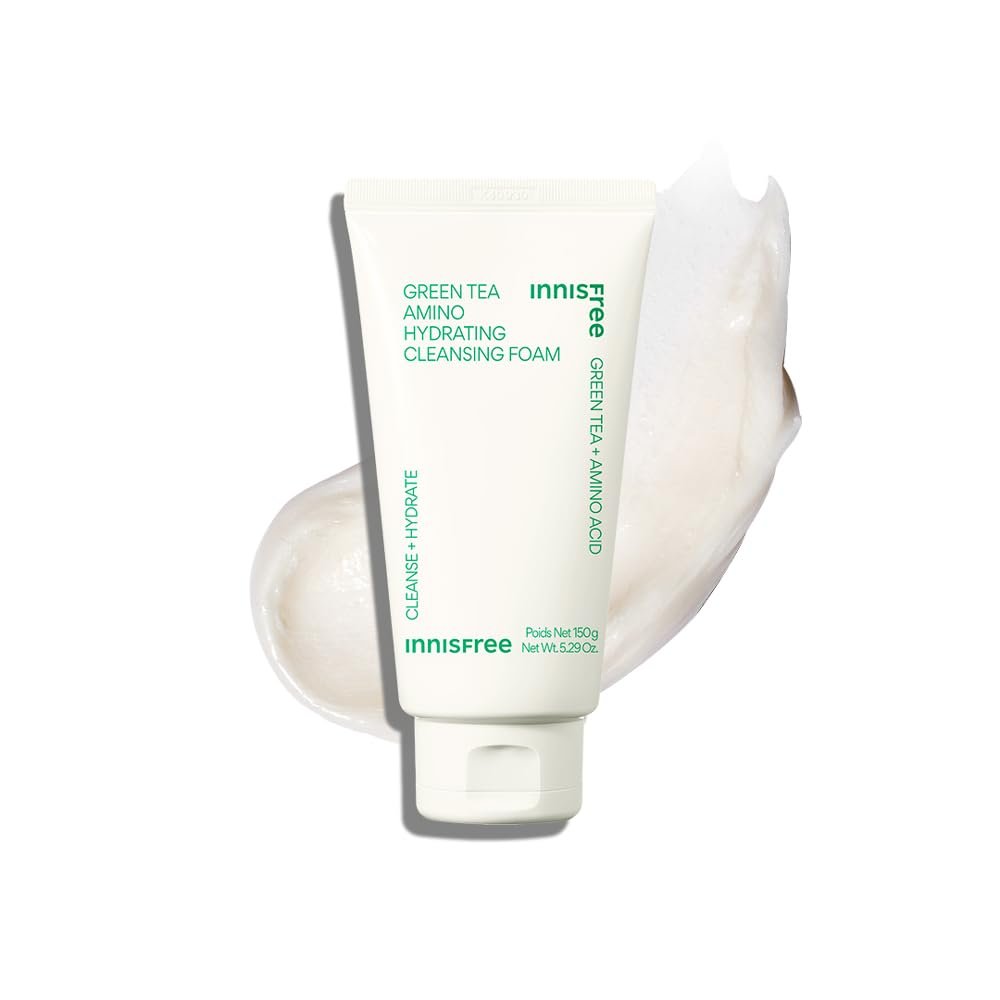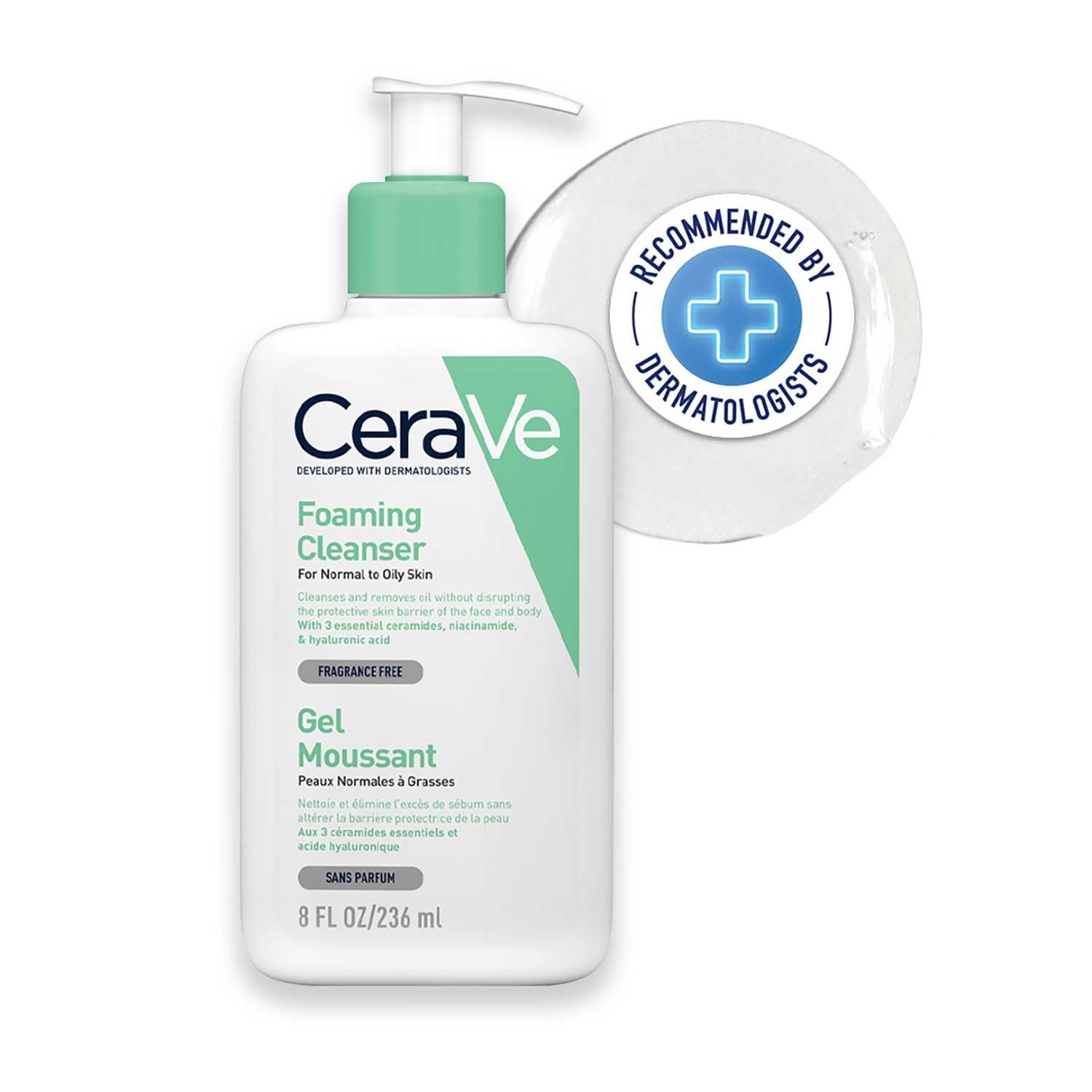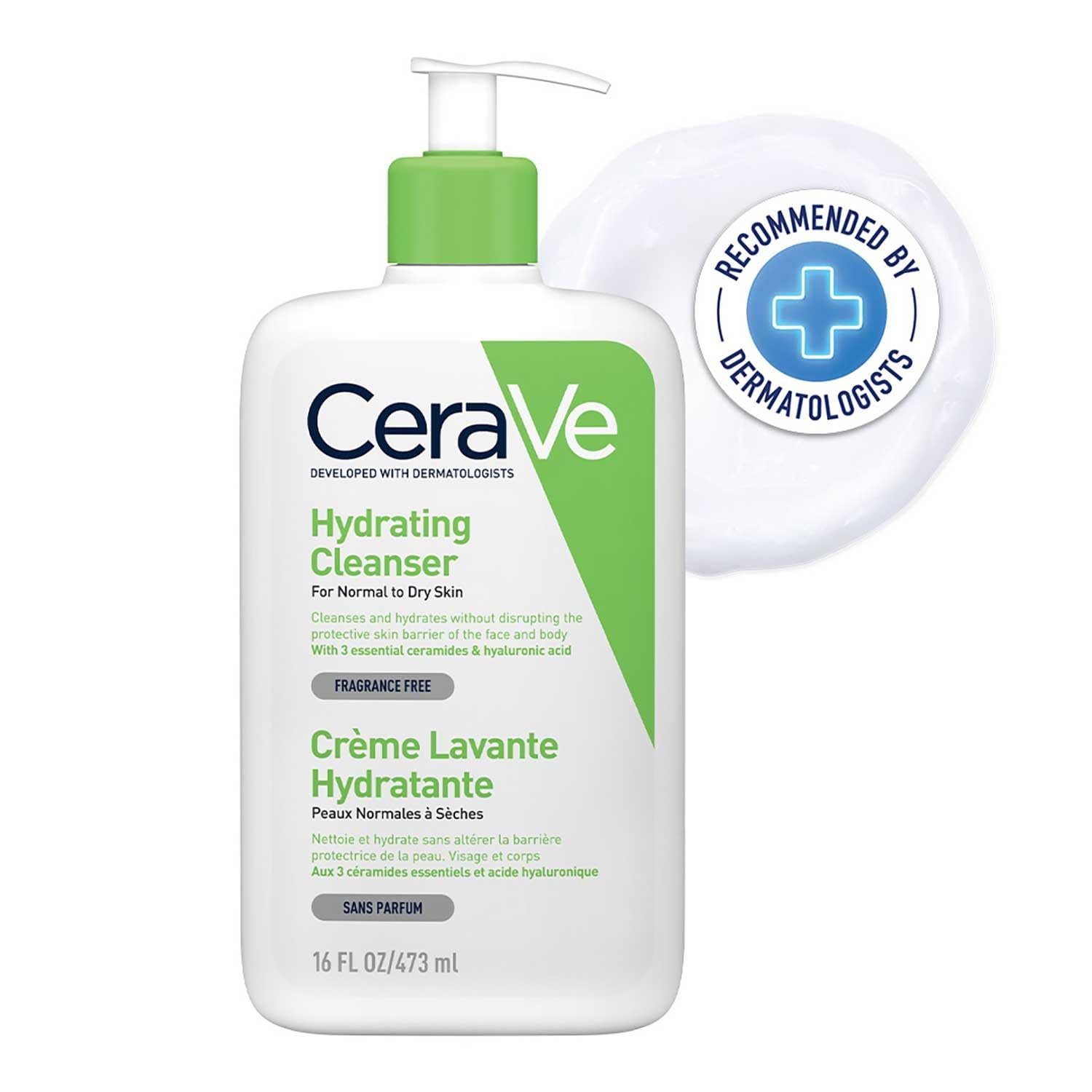In today’s wellness-driven world, the concept of “detoxing” has taken center stage. From juice cleanses to detox teas and diets, the promise of eliminating toxins from your body has captured the imagination of millions. But is detoxing the miracle solution it’s made out to be, or is it just another wellness myth?
This article dives deep into the detox trend, dissecting the myths, revealing the facts, and guiding you toward making informed decisions about your health. Whether you’re curious about detox benefits or skeptical of its claims, this comprehensive guide is for you.
What Is Detoxing?
Detoxing refers to the process of removing toxins from the body, typically through specific diets, drinks, or regimens. Proponents claim that detoxification boosts energy, clears skin, aids weight loss, and promotes overall health.
But here’s the catch: your body already has a natural detox system. The liver, kidneys, lungs, and skin work tirelessly to process and eliminate harmful substances. The real question is whether external detox methods add any value — or are just marketing gimmicks.
Detox Myths You Should Know
Let’s unravel some of the most common misconceptions about detoxing that have perpetuated over the years.
Myth 1: You Need a Detox to Eliminate Toxins
The Truth: Your body is naturally equipped to detoxify itself.
Your liver metabolizes toxins and converts them into substances that can be excreted through urine or feces. The kidneys filter waste, and your skin sheds impurities through sweat. Unless you have a medical condition impairing these organs, external detoxes are often unnecessary.

Myth 2: Juice Cleanses Are Essential for Detoxification
The Truth: Juice cleanses may not be as beneficial as they seem.
While juices can be rich in vitamins and antioxidants, they often lack fiber — an essential component for gut health and toxin elimination. Moreover, juice-only diets can lead to nutrient deficiencies, energy dips, and blood sugar spikes.
Myth 3: Detox Teas Help You Lose Weight
The Truth: Detox teas primarily cause water loss, not fat loss.
Many detox teas contain diuretics or laxatives that lead to temporary weight loss by flushing water and waste from your body. However, this is not sustainable or healthy in the long term.
Myth 4: Toxins Accumulate in Fat Cells
The Truth: While fat cells can store certain chemicals, your body releases them gradually as you burn fat.
Drastic detox measures aren’t required to eliminate these substances. A balanced diet and regular exercise are more effective in maintaining a healthy weight and reducing toxin accumulation.
Myth 5: Sweating Removes All Toxins
The Truth: Sweat primarily regulates body temperature, not toxin removal.
Although trace amounts of toxins can be expelled through sweat, your kidneys and liver handle the bulk of detoxification. Sweating excessively for detox purposes may lead to dehydration and electrolyte imbalances.
Detox Facts You Should Know
Now that we’ve debunked the myths, let’s explore the facts about how detoxification truly works and what you can do to support your body’s natural processes.
Fact 1: Hydration Is Key
Staying hydrated is one of the simplest yet most effective ways to support detoxification. Water helps your kidneys flush out waste and keeps your digestive system functioning smoothly.
Pro Tip: Drink at least 8–10 glasses of water daily, and consider adding lemon or cucumber slices for a refreshing twist.
Fact 2: Fiber Aids Detoxification
Fiber is essential for binding toxins and promoting regular bowel movements. Whole foods like fruits, vegetables, whole grains, and legumes are excellent sources of fiber.
Top Picks for Detox-Friendly Fiber:
- Apples
- Broccoli
- Oats
- Lentils
Fact 3: Antioxidants Combat Free Radicals
Antioxidants help neutralize free radicals, unstable molecules that can damage cells and lead to chronic diseases. A diet rich in colorful fruits and vegetables can provide these vital nutrients.
Antioxidant Powerhouses:
- Blueberries
- Spinach
- Green tea
- Dark chocolate
Fact 4: Sleep Supports Detoxification
During sleep, your body repairs itself and eliminates waste products from the brain. Poor sleep can disrupt these processes and lead to toxin buildup.
Sleep Tips:
- Aim for 7–9 hours of quality sleep per night.
- Create a bedtime routine to relax your mind and body.
Fact 5: Regular Exercise Enhances Detox
Exercise improves circulation, boosts lymphatic drainage, and supports overall organ function. A mix of cardio, strength training, and flexibility exercises can enhance your body’s natural detoxification pathways.
Do You Really Need to Detox?
If you maintain a healthy lifestyle, your body is already detoxing itself efficiently. However, certain situations may warrant extra support:
- Environmental Toxin Exposure: Working in polluted environments may increase your toxin load.
- Chronic Stress: Stress can impair your body’s detoxification processes.
- Poor Diet: High consumption of processed foods and alcohol can overburden your liver.
In these cases, focusing on holistic wellness practices rather than quick-fix detoxes is more effective.
Healthy Alternatives to Trendy Detoxes
Instead of falling for fad detoxes, consider these science-backed alternatives to support your body:
1. Eat a Balanced Diet
Focus on whole, nutrient-dense foods that naturally support detoxification.
Include:
- Leafy greens (e.g., kale, spinach)
- Cruciferous vegetables (e.g., broccoli, cauliflower)
- Healthy fats (e.g., avocados, nuts)
- Lean proteins (e.g., fish, poultry)
2. Limit Alcohol and Processed Foods
Excessive alcohol and ultra-processed foods can strain your liver. Reducing their intake can significantly improve your body’s ability to detoxify.
3. Support Gut Health
A healthy gut plays a critical role in eliminating waste and toxins. Probiotics (found in yogurt, kefir, and fermented foods) can help maintain a balanced gut microbiome.
4. Incorporate Herbal Teas
Certain herbal teas, like green tea and dandelion root tea, may support liver function and digestion. However, avoid teas with laxatives or diuretics marketed as “detox” solutions.
5. Practice Mindful Breathing
Deep breathing exercises can improve oxygen flow, reduce stress, and support overall detoxification.
The Risks of Extreme Detox Measures
Detox products and regimens that promise dramatic results often come with risks. Here are some common dangers to watch out for:
1. Nutritional Deficiencies
Restrictive detox diets may deprive your body of essential nutrients, leading to fatigue, muscle loss, and weakened immunity.
2. Dehydration
Excessive use of laxatives, diuretics, or saunas for detox can cause severe dehydration and electrolyte imbalances.
3. Liver or Kidney Damage
Certain detox supplements contain unregulated ingredients that may harm your liver or kidneys.
4. Mental Stress
Detox programs that require strict adherence can create unhealthy relationships with food and trigger anxiety.
How to Identify Safe Detox Practices
Before starting any detox regimen, evaluate its safety and efficacy:
- Research Claims: Look for scientific evidence backing the detox method.
- Consult Professionals: Speak with a doctor or registered dietitian before making drastic changes to your diet.
- Avoid Quick Fixes: Be wary of products that promise instant results or require extreme measures.
- Listen to Your Body: If a detox makes you feel weak or unwell, discontinue it immediately.
The Role of Detox in Long-Term Health
Detoxing should not be seen as a quick fix but rather as part of a holistic approach to health. By focusing on sustainable habits, you can support your body’s natural detox processes and achieve long-lasting wellness.
Key Takeaways:
- Prioritize a nutrient-rich diet and hydration.
- Get regular exercise and quality sleep.
- Limit exposure to harmful substances, such as alcohol and processed foods.
While the idea of detoxing may be alluring, most trendy detox methods are unnecessary — and sometimes harmful. Your body is a sophisticated system capable of self-cleaning when given the right tools: a balanced diet, proper hydration, and a healthy lifestyle.
By understanding the myths and facts about detoxing, you can avoid falling for marketing gimmicks and focus on practices that truly benefit your health.
The next time you’re tempted by a detox product, remember: the best way to detox is to treat your body well every day. Sustainable habits trump quick fixes, and your body will thank you for it.

